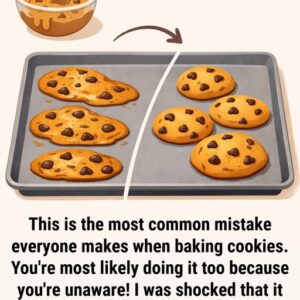Why Do We Eat Cake on Birthdays?
The Sweet Tradition That Traveled Through Time
Birthdays are all about celebrating life — and let’s be honest, cake is the star of the show. But have you ever wondered why cake became the go-to treat for birthdays? The answer lies in ancient history.
A Slice of Ancient Greece
It all started in ancient Greece. People didn’t celebrate with frosted cakes like we do today. Instead, they served a flat, round pastry called plakous, made from wheat, honey, and cheese.
This pastry wasn’t just tasty — it held symbolic meaning. Its round shape represented the moon, and candles placed on top mirrored moonlight. Greeks believed this light brought good fortune and protection.
They even offered these cakes to Artemis, the goddess of the moon, during her birthday celebrations. The candlelight honored her glow, while the sweetness of the honey symbolized a sweet life for the birthday celebrant.
The Romans Add Their Flavor
As the custom spread, other cultures made their own versions. The Romans added honey, nuts, and dried fruits to their birthday sweets, enriching the flavor and deepening the tradition.
The Medieval Era: Cake Becomes a Luxury
During the Middle Ages, sugar became a status symbol. Only the wealthy could afford sweet birthday treats. These cakes were often spiced with exotic ingredients like cinnamon and nutmeg, making birthdays extra special — if you could afford it.
Germany’s Contribution: The Birth of the Modern Cake
In the 18th century, Germany began baking sweet yeasted bread topped with sugar and fruits for birthdays. This marked a turning point — the idea of the “birthday cake” was born.
The Industrial Revolution Changes Everything
With the Industrial Revolution, everything became easier and cheaper. Baking powder led to lighter cakes. Mass-produced candles lit up birthday tables everywhere. Suddenly, birthday cakes became a tradition that families of all incomes could enjoy.
More Than Just Dessert
Today’s cakes may look different, but the heart of the tradition remains. Birthday cakes still symbolize joy, blessings, and the sweetness of life.
So next time you blow out your candles, remember: you’re part of a timeless celebration that started thousands of years ago — with honey, moonlight, and a whole lot of meaning.





